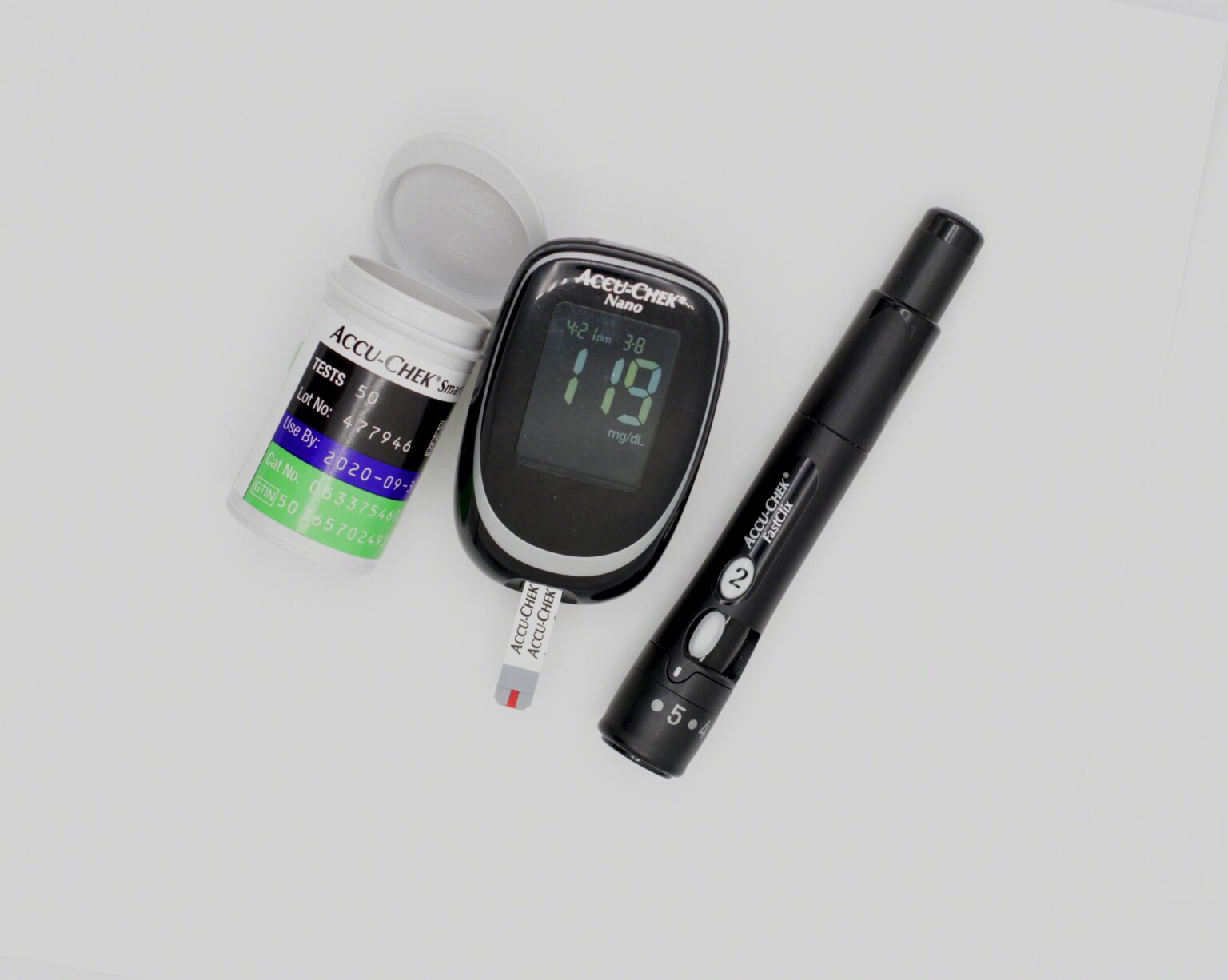Introduction
Diabetes is a chronic condition characterized by high blood sugar levels, which can lead to various health complications if left unmanaged. However, the good news is that diabetes is largely preventable, and with proper management, individuals living with diabetes can lead healthy and fulfilling lives.
In this article, we will explore preventive measures for diabetes and effective strategies for its management, focusing on lifestyle modifications, regular physical activity, healthy eating habits, and medication adherence.
Lifestyle Modifications
Making positive lifestyle changes is crucial in preventing and managing diabetes. Maintaining a healthy weight through a balanced diet and regular exercise plays a significant role in reducing the risk of developing type 2 diabetes. Measures for Diabetes Incorporating whole foods, such as fruits, vegetables, whole grains, lean proteins, and healthy fats, into one’s diet can help regulate blood sugar levels and promote overall well-being.
Additionally, limiting the consumption of sugary beverages, processed foods, and refined carbohydrates is essential in preventing diabetes. These foods can cause rapid spikes in blood sugar levels and contribute to insulin resistance over time.Measures for Diabetes Instead, opting for low-glycemic index foods that release glucose slowly into the bloodstream can help maintain stable blood sugar levels.
Regular Physical Activity
Engaging in regular physical activity is vital for both diabetes prevention and management. Exercise helps improve insulin sensitivity, allowing cells to effectively utilize glucose for energy. It also aids in weight management, reduces blood pressure, and lowers the risk of cardiovascular complications associated with diabetes.
A combination of aerobic exercises, such as brisk walking, swimming, or cycling, and strength training activities can provide optimal benefits. Aim for at least 150 minutes of moderate-intensity aerobic activity per week, along with two or more days of strength training exercises targeting major muscle groups.
Healthy Eating Habits
Adopting healthy eating habits is essential for diabetes prevention and management. Following a balanced meal plan that includes appropriate portion sizes and regular meal timings can help regulate blood sugar levels.
The plate method, which involves filling half of the plate with non-starchy vegetables, one-quarter with lean proteins, and one-quarter with whole grains or starchy vegetables, is a practical approach to creating well-balanced meals. This method helps control calorie intake, promotes satiety, and ensures a variety of nutrients in each meal.
Most Visit :Odisha Lifestyle
Monitoring carbohydrate intake is particularly important for individuals with diabetes. Carbohydrates have the most significant impact on blood sugar levels. Choosing complex carbohydrates, such as whole grains, legumes, and vegetables, over refined carbohydrates can help maintain stable blood sugar levels.
Medication Adherence
For individuals with diabetes, medication adherence is crucial for effective management. Depending on the type and severity of diabetes, healthcare professionals may prescribe oral medications, insulin injections, or a combination of both. It is essential to follow the prescribed treatment plan diligently, including taking medications as directed, monitoring blood sugar levels regularly, and attending regular check-ups.
In addition to medication, self-monitoring of blood glucose levels using a glucometer allows individuals to track their progress and make necessary adjustments to their treatment plan. Measures for Diabetes This empowers individuals to take an active role in managing their diabetes and make informed decisions about their health.
Conclusion
Preventing and effectively managing diabetes requires a comprehensive approach that encompasses lifestyle modifications, regular physical activity, healthy eating habits, and medication adherence. By adopting a healthy lifestyle, individuals can significantly reduce their risk of developing diabetes.
You Can Read Our Another Post :Importance of Regular Health Check-ups and Screenings
For those already living with diabetes, proper management through medication adherence and regular monitoring of blood sugar levels is essential to prevent complications and maintain optimal health. With the right preventive measures and management strategies, individuals can lead fulfilling lives while effectively managing diabetes.
FAQ For Preventive Measures for Diabetes and Its Management
What are preventive measures for diabetes?
Preventive measures play a crucial role in reducing the risk of developing diabetes. Here are some frequently asked questions and their answers regarding preventive measures for diabetes:
Are there specific preventive measures for type 1 diabetes?
Type 1 diabetes is primarily caused by genetic and autoimmune factors, making it difficult to prevent. However, some studies suggest that breastfeeding infants for at least six months and avoiding early exposure to cow’s milk may help reduce the risk of developing type 1 diabetes in those who are genetically predisposed. It’s important to note that these measures are not guaranteed to prevent the condition entirely.
How is diabetes managed for those who have already been diagnosed?
Diabetes management involves maintaining blood sugar levels within a target range and adopting a healthy lifestyle. Here are a few key aspects:
Blood Sugar Monitoring: Regularly check blood sugar levels using a glucose meter to track how well you are managing your diabetes. Your healthcare provider will guide you on the frequency and target ranges.
Medications: Some individuals with diabetes may require medication, including insulin or oral medications, to help control blood sugar levels. Follow your healthcare provider’s instructions regarding medication usage and dosage.
Healthy Eating: Follow a balanced diet as recommended by your healthcare provider or a registered dietitian. Monitor carbohydrate intake, distribute meals evenly throughout the day, and consider the glycemic index of foods.
Regular Physical Activity: Engage in regular exercise to help improve blood sugar control, manage weight, reduce insulin resistance, and promote overall health. Work with your healthcare provider to develop an appropriate exercise plan.
Monitoring and Managing Other Health Factors: Manage other health conditions such as high blood pressure and high cholesterol, as they can affect diabetes management. Take prescribed medications, if necessary, and follow your healthcare provider’s advice.
Stress Management: Practice stress-reducing techniques such as mindfulness, deep breathing exercises, or engaging in activities you enjoy.
Regular Medical Check-ups: Schedule regular appointments with your healthcare provider to monitor your diabetes, address any concerns, and adjust your treatment plan if needed.

